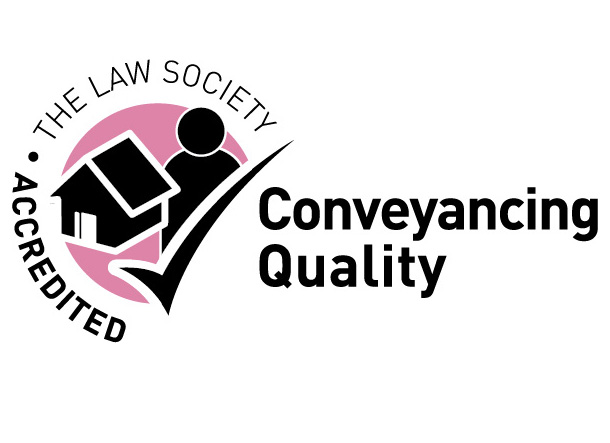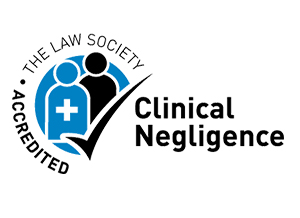The National Quality Board (NQB) was established to deliver high quality care for patients throughout the NHS.
The NQB oversees and regularly contributes to four core aspects of quality policy:
1. Ensuring the overall alignment of the systems for managing and improving quality
2. Delivering on technical responsibilities, such as advising the Secretary of State on the priorities for clinical standards set by NICE
3. Assuming a wider leadership responsibility for driving the quality agenda and acting as a powerhouse for change
4. Contributing to NICE quality standards, quality accounts, patient experience, accreditation and clinical audit policy areas
The NQB provides a forum within which to recognise the responsibilities of individual NHS boards for the quality and safety of the care being provided by their organisation and allow NHS organisations to share intelligence, agree action and monitor overall quality standards.
Following the recent findings of the Care Quality Commission (CQC) report ‘Learning, candour and accountability: A review of the way NHS trusts review and investigate the deaths of patients in England’ (which examined the way NHS Trusts review and investigate deaths of patients in England), the NQB has published the first edition of National Guidance on Learning from Deaths for Trusts. As this guidance is a ‘first edition’ it will inevitably evolve over time as organisations learn what works best.
The guidance aims to tackle the conclusion of the CQC report that learning after deaths is not given sufficient priority by the NHS and ensure that the recommendations contained in the report can be implemented in a clear and structured way. The guidance is to help standardise and improve the way acute, mental health and community Trusts identify and then report, review, investigate and learn from deaths, and engage with bereaved families and carers.
The focus of the new framework is to ensure the families / carers of patients who have died in care are properly involved at every stage and in developing guidance for Trusts to ensure timely, transparent and compassionate contact with families and carers who’ve lost loved ones in NHS care.
A ‘working group’ has been established that includes people with lived experience of the death of a loved one in NHS care which resulted in a review or investigation, NHS England, NHS Improvement and NHS Trust representatives. This working group is being used to help identify the key issues that families want to see included in the guidance. Going forward, the CQC is likely to be keeping a close eye on how Trusts are doing in terms of compliance with the new framework.
It will be interesting to see the progress made and how this develops in the future.


